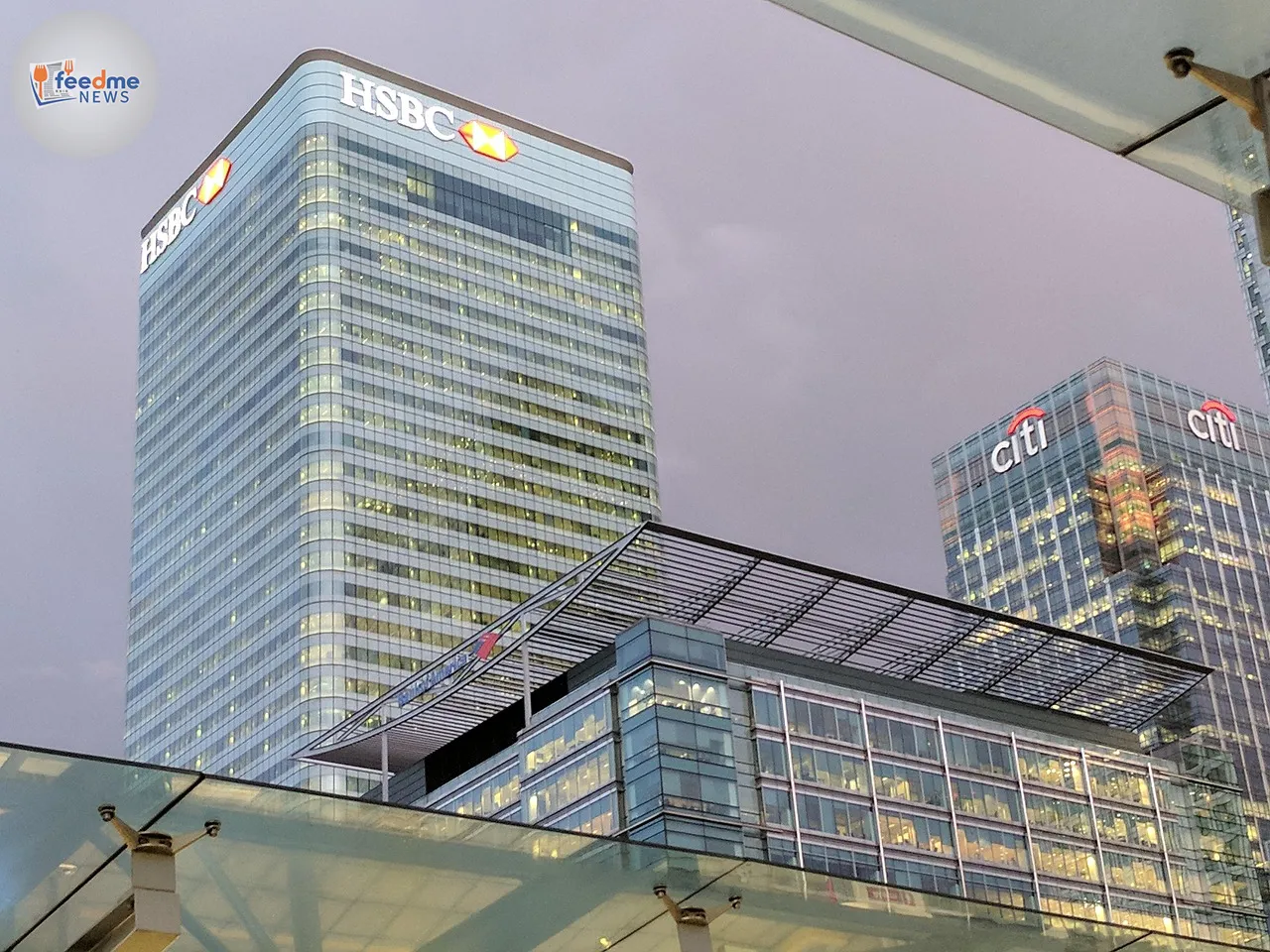HSBC, one of the world’s largest banking institutions, is contemplating a significant shift in its work policy by potentially mandating a return to the office for its global workforce. This move could see employees returning to the office for at least three days a week. The discussions are reportedly being spearheaded by HSBC’s chief executive, Georges Elhedery, who is engaging with executives across different sectors of the business to explore this possibility. The decision, which is still under consideration, reflects a broader trend among major corporations reassessing remote work policies post-pandemic.
The potential mandate comes as companies worldwide grapple with the balance between remote work flexibility and the benefits of in-office collaboration. With HSBC’s global influence, any decision made could set a precedent for other financial institutions considering similar measures.

Timing and Location of Discussions
The discussions about the potential office return mandate began earlier this year, with meetings taking place across HSBC’s key international offices, including London, New York, and Hong Kong. The timing of these talks is significant as businesses continue to navigate the evolving landscape of work in a post-COVID world. Many organisations are re-evaluating their long-term strategies to boost productivity, enhance team dynamics, and maintain corporate culture.
The move by HSBC comes amidst a broader dialogue within the financial sector about the optimal balance between remote and in-office work. As the industry seeks to adapt to new norms, the bank’s decision could influence similar policies in other global corporations.
Employee Sentiment and Industry Trends
HSBC’s consideration of a return-to-office mandate aligns with a growing trend among large corporations. A recent survey by the Chartered Institute of Personnel and Development (CIPD) revealed that over 40% of UK companies are planning to increase office-based work. The survey highlighted that many employers believe that in-person collaboration fosters innovation and strengthens team cohesion.
However, the prospect of mandatory office days has received mixed reactions from employees. Many workers have grown accustomed to the flexibility and work-life balance afforded by remote work. A significant number of HSBC’s staff have expressed concerns about commuting times and the potential impact on personal commitments. The bank is reportedly considering these factors as it deliberates on the policy, aiming to strike a balance that accommodates employee preferences while meeting business objectives.
Expert Insights on the Future of Work
Industry experts have weighed in on HSBC’s potential policy shift, noting that it reflects broader changes in the work environment. Dr. Emma Parry, a professor of human resource management, commented, “The pandemic has fundamentally altered perceptions of work. While remote work offers flexibility, in-person collaboration remains crucial for many businesses, particularly in sectors like finance.”
Financial analyst Richard Saunders noted that HSBC’s move could be strategic. “By bringing employees back to the office, HSBC may be looking to enhance productivity and innovation, particularly in areas that benefit from real-time collaboration,” he said. “However, it’s essential to ensure that such a mandate does not negatively impact employee morale.”
Potential Impacts on HSBC and Beyond
The decision by HSBC to potentially mandate office returns could have far-reaching implications. For the bank, it may lead to increased productivity and stronger team dynamics, particularly in roles that require close collaboration. However, it also poses challenges, such as managing employee satisfaction and addressing logistical issues related to office space and commuting.
On a broader scale, HSBC’s policy could influence other financial institutions and industries. As companies navigate the future of work, HSBC’s approach may serve as a model or cautionary tale for others considering similar mandates. The bank’s decision will likely be closely monitored by industry peers, employees, and stakeholders.
In summary, HSBC’s consideration of a return-to-office mandate highlights the ongoing evolution of work in the post-pandemic era. As the bank weighs its options, the outcome will not only impact its employees but could also shape broader industry trends. The balance between remote work flexibility and the benefits of in-office collaboration remains a key consideration for businesses worldwide.






